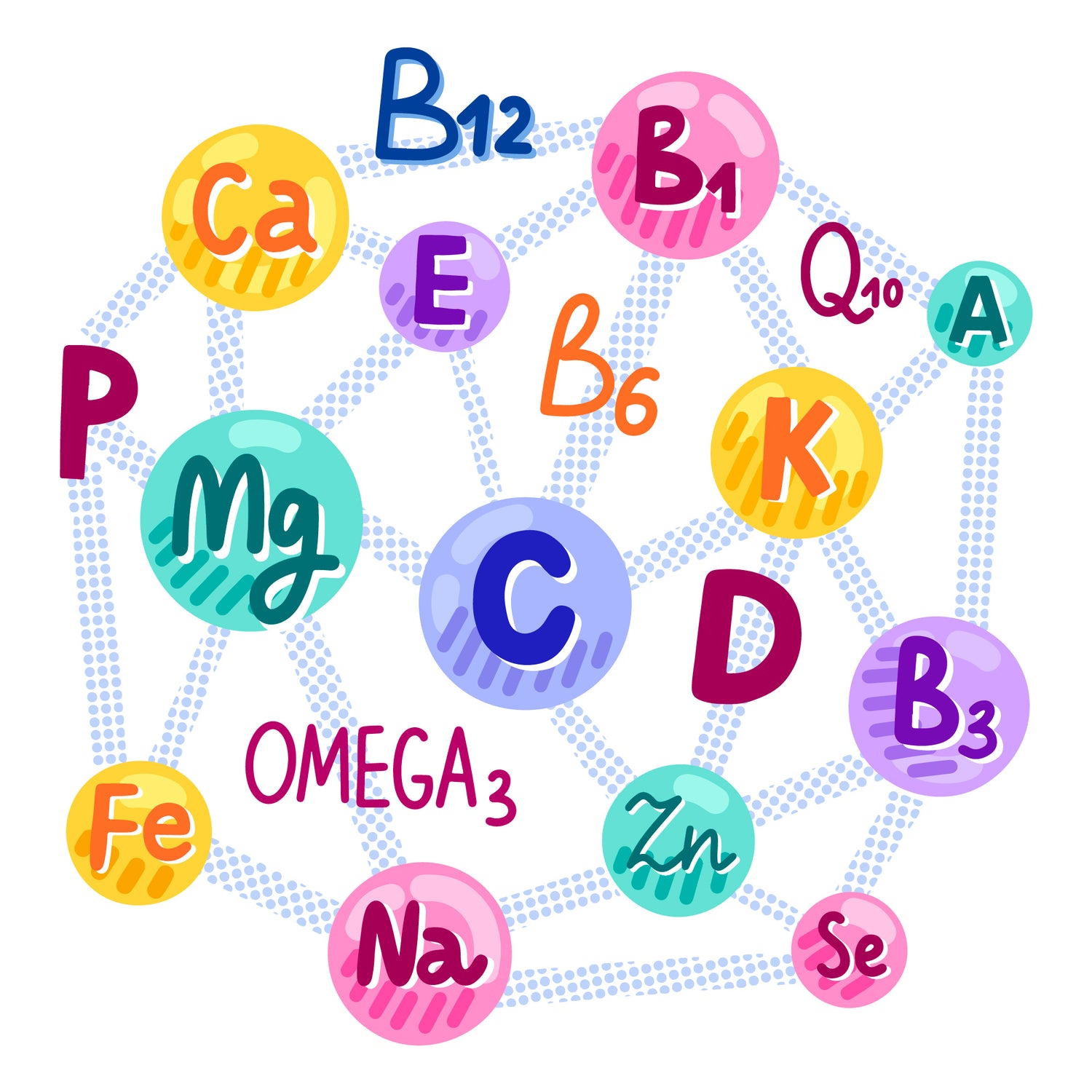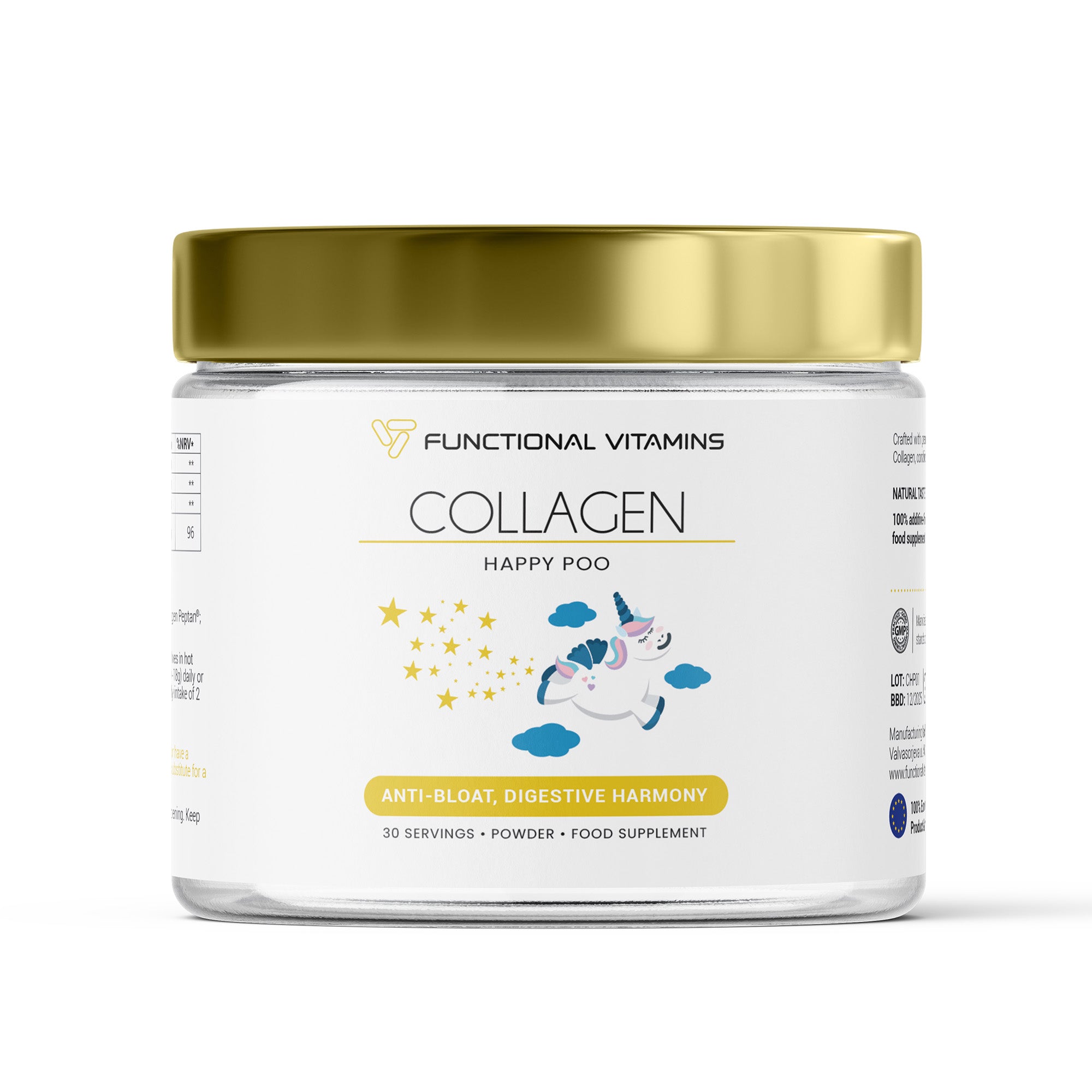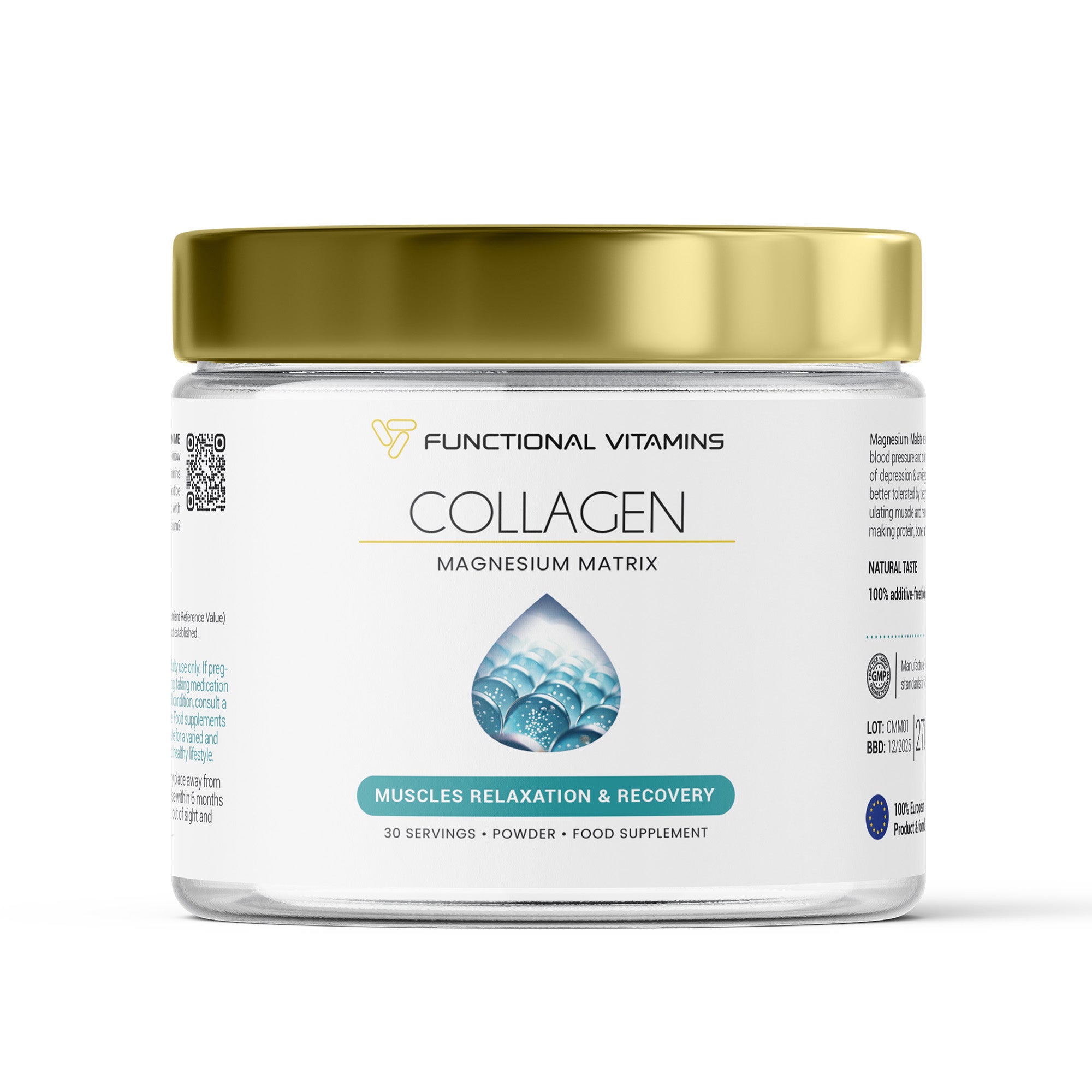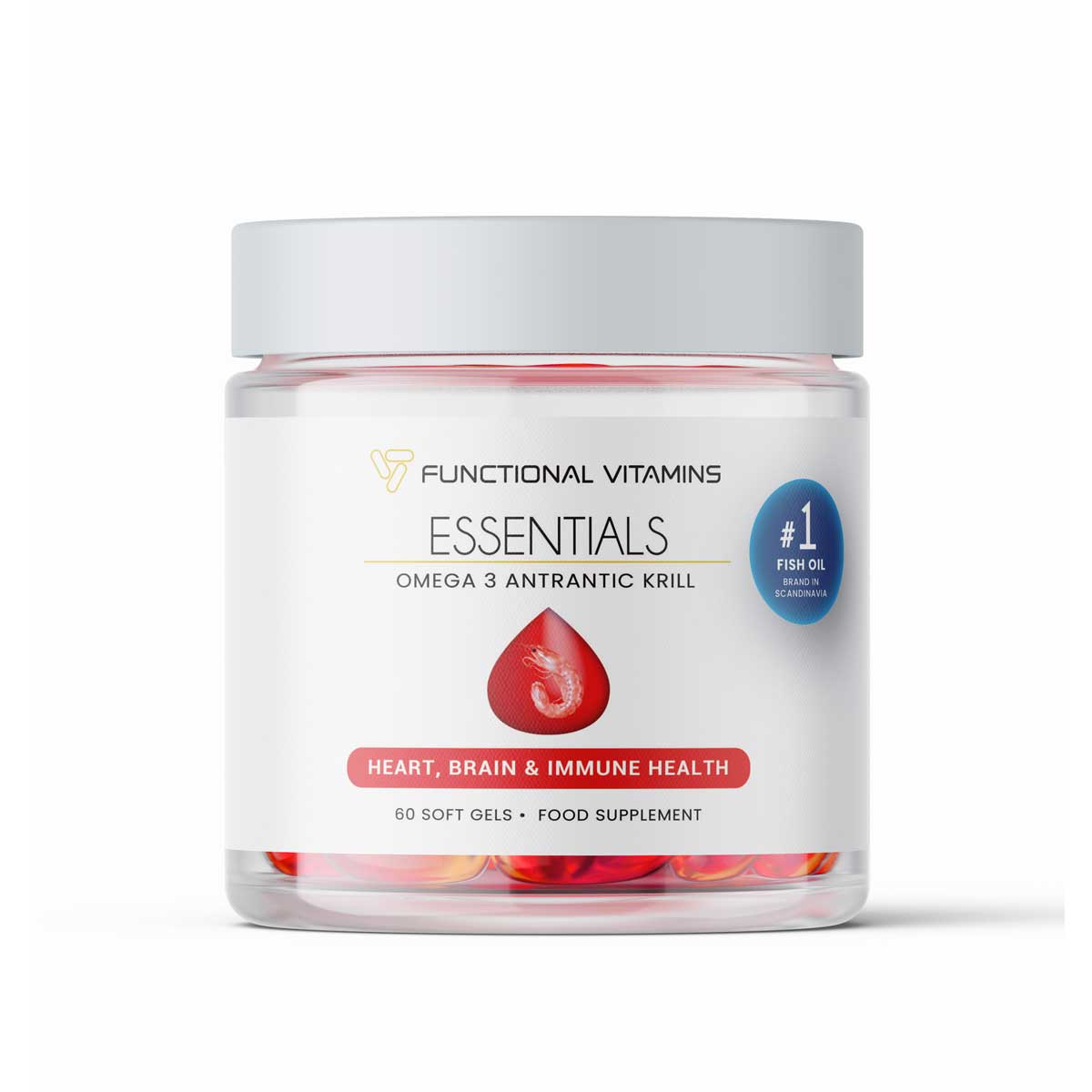In today's fast-paced world, where health-conscious decisions are becoming a part of daily life, choosing the right vitamins and minerals can be overwhelming. Many people wonder whether taking a multivitamin complex is more effective than taking individual supplements. While the convenience of taking a single pill packed with all the essential nutrients is appealing, the effectiveness of this approach remains debatable. In this article, we will explore the science behind vitamin and mineral compatibility, why certain nutrients work best together, and why others should be consumed separately.
The Science Behind Vitamin and Mineral Compatibility
Our bodies function like complex chemical factories. To maintain optimal health and well-being, they rely on various nutrients such as vitamins, minerals, proteins, and fats. Vitamins and minerals are vital players in the orchestra of chemical reactions that occur in the body. However, just like instruments in an orchestra, not all of them harmonize well together.
Understanding how vitamins and minerals interact with each other is essential. Some combinations boost the absorption and efficacy of these nutrients, while others may have counterproductive effects.
Why Some Vitamins and Minerals Are Better Together
Certain vitamins and minerals work synergistically, meaning they enhance each other's absorption and function when taken together. Here are a few well-known examples:
-
Vitamin D and Calcium
Vitamin D plays a key role in regulating calcium absorption, which is vital for bone health. Without sufficient vitamin D, your body cannot properly absorb calcium, regardless of how much of it you consume. This makes these two nutrients an inseparable duo, especially when it comes to preventing osteoporosis and maintaining strong bones. -
Vitamin C and Iron
Iron is crucial for carrying oxygen through the blood, but the body doesn't easily absorb non-heme iron, the kind found in plant sources. However, pairing iron with vitamin C enhances its absorption. For vegetarians and vegans, or those who rely on plant-based diets, consuming vitamin C-rich foods like oranges alongside iron-rich foods like spinach can be beneficial. -
Magnesium and Vitamin B6
Magnesium and vitamin B6 complement each other in supporting brain health, heart health, and the nervous system. Magnesium enhances the absorption of B6, and together, they help regulate mood, energy levels, and cognitive function. -
Vitamin A, C, and E
This trio of antioxidants works hand in hand to protect cells from oxidative stress, which can lead to chronic illnesses. Vitamin E is fat-soluble, and vitamin C helps regenerate vitamin E, ensuring both vitamins perform their protective roles effectively. -
Zinc and Selenium
Both of these minerals are critical for immune function and antioxidant defense. Selenium helps regenerate other antioxidants in the body, and together with zinc, they help maintain immune system balance.
When Vitamins and Minerals Don't Get Along
While some nutrients boost each other’s effects, others may interfere with absorption or function if taken together. Here's a look at some problematic pairings:
-
Iron and Calcium
Calcium inhibits iron absorption, particularly non-heme iron found in plant foods. If you need to take supplements of both minerals, it is best to take them at separate times, preferably with a few hours' gap in between. -
Zinc and Copper
Although both zinc and copper are essential for bodily functions, they compete for absorption in the small intestine. Excessive zinc can lead to a copper deficiency, so it is important to take these minerals in a balanced ratio. -
Magnesium and Calcium
When taken in excessive amounts together, magnesium and calcium can interfere with each other's absorption. Both minerals are important, but balance is key. Ensure you're taking the appropriate doses for your body's needs. -
Vitamin E and Iron
Iron can oxidize vitamin E, which reduces its antioxidant power. While both nutrients are essential, they should be taken separately to avoid diminishing the benefits of either. -
Vitamin K and Vitamin E
Both vitamins play crucial roles in blood clotting and antioxidant function. However, too much vitamin E can inhibit vitamin K, making it more difficult for your blood to clot when necessary. This can be a significant concern for those on blood-thinning medications.
The Pros and Cons of a Multivitamin Complex
A multivitamin complex might seem like a great solution to cover all your nutritional needs in one go. However, the convenience of a single pill may come at the cost of less effectiveness. Here are some pros and cons to consider:
Pros
- Convenience: Taking one pill for all your vitamin and mineral needs is easy and saves time.
- Cost-effective: It may be cheaper than buying individual supplements.
- Balanced dosage: A multivitamin complex usually contains a balanced combination of nutrients that prevent you from exceeding the recommended daily intake of any single vitamin or mineral.
Cons
- Absorption issues: Certain vitamins and minerals may cancel each other out when combined in one pill. For instance, calcium and iron, both crucial for health, may compete for absorption when taken simultaneously.
- Individual needs: Multivitamins are formulated for general use, but individual nutritional needs vary based on age, gender, health condition, and lifestyle. What works for one person may not work for another.
- Excessive intake: Multivitamins may provide more of certain nutrients than necessary, especially if you're already getting these nutrients from your diet.
Tailoring Your Supplementation Plan: The Best Approach
Given the complexity of how vitamins and minerals interact, the best approach is to tailor your supplementation plan based on your specific health needs. Instead of relying solely on a multivitamin, consider the following tips:
- Consult a healthcare professional: Speak with a doctor or nutritionist to get personalized recommendations. They can conduct tests to determine if you have deficiencies and guide you on which supplements to take.
- Read labels carefully: If you choose a multivitamin, check the ingredient list and ensure it doesn't exceed the daily recommended values of certain vitamins and minerals.
- Time your intake: Take incompatible vitamins and minerals at different times of the day to maximize absorption. For instance, take your calcium supplement in the morning and your iron supplement in the evening.
- Focus on whole foods: Whenever possible, prioritize getting your vitamins and minerals from whole, nutrient-rich foods. Supplements should complement your diet, not replace it.
- Avoid megadoses: Excessive doses of certain vitamins or minerals can lead to toxicity. Stick to the recommended doses, especially for fat-soluble vitamins like A, D, E, and K, which can build up in the body over time.
Conclusion: Finding the Balance
Navigating the world of vitamins and minerals can be tricky, but understanding how they interact can help you make informed decisions about your health. A one-size-fits-all approach with a multivitamin complex may not be the best solution for everyone, especially if certain vitamins and minerals cancel each other out. Instead, consider a more tailored regimen that focuses on your unique needs and avoids counterproductive combinations.
Ultimately, your body functions best when it receives the right nutrients in the right amounts. By paying attention to vitamin and mineral compatibility, you can optimize your health and well-being.












Leave a comment
This site is protected by hCaptcha and the hCaptcha Privacy Policy and Terms of Service apply.